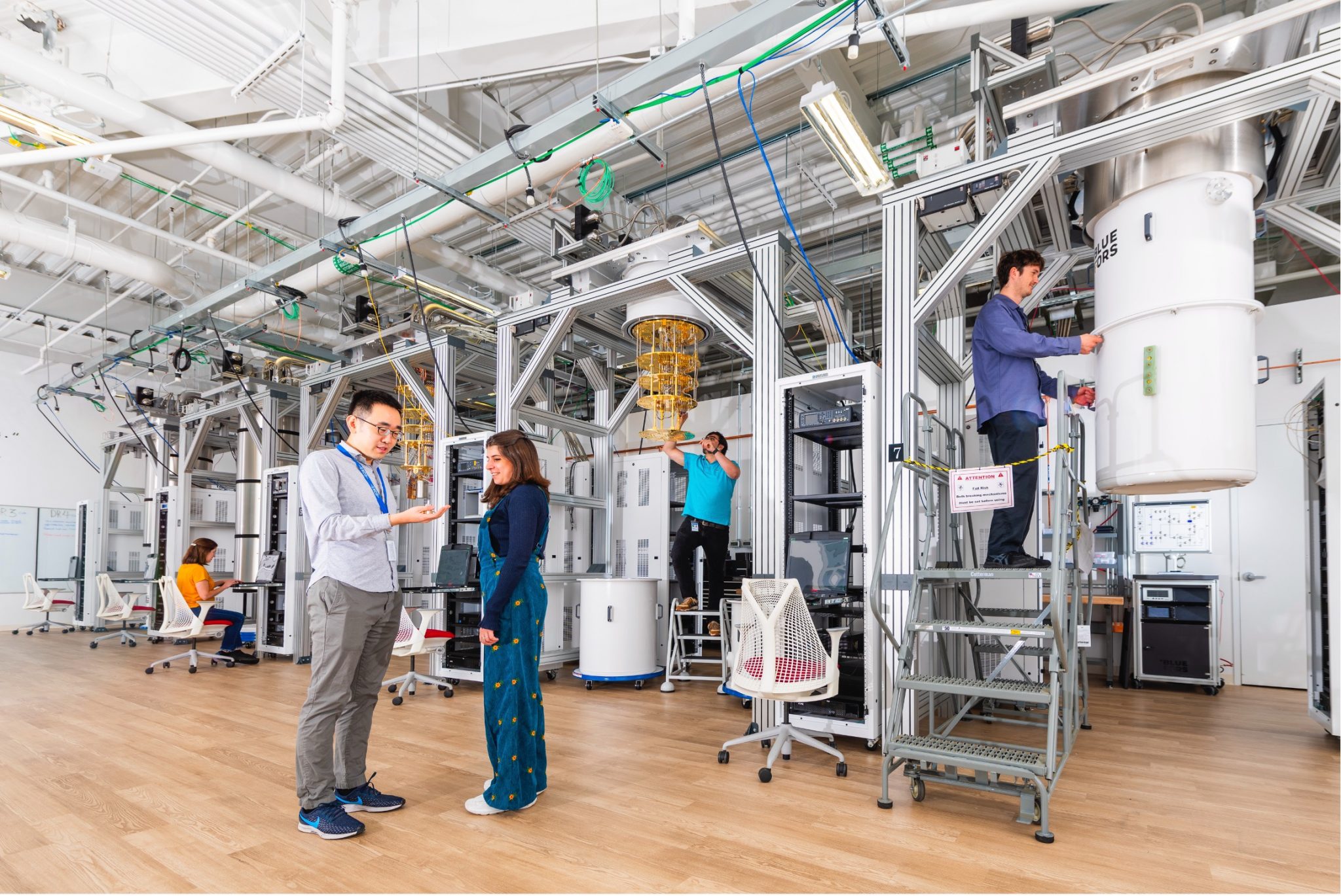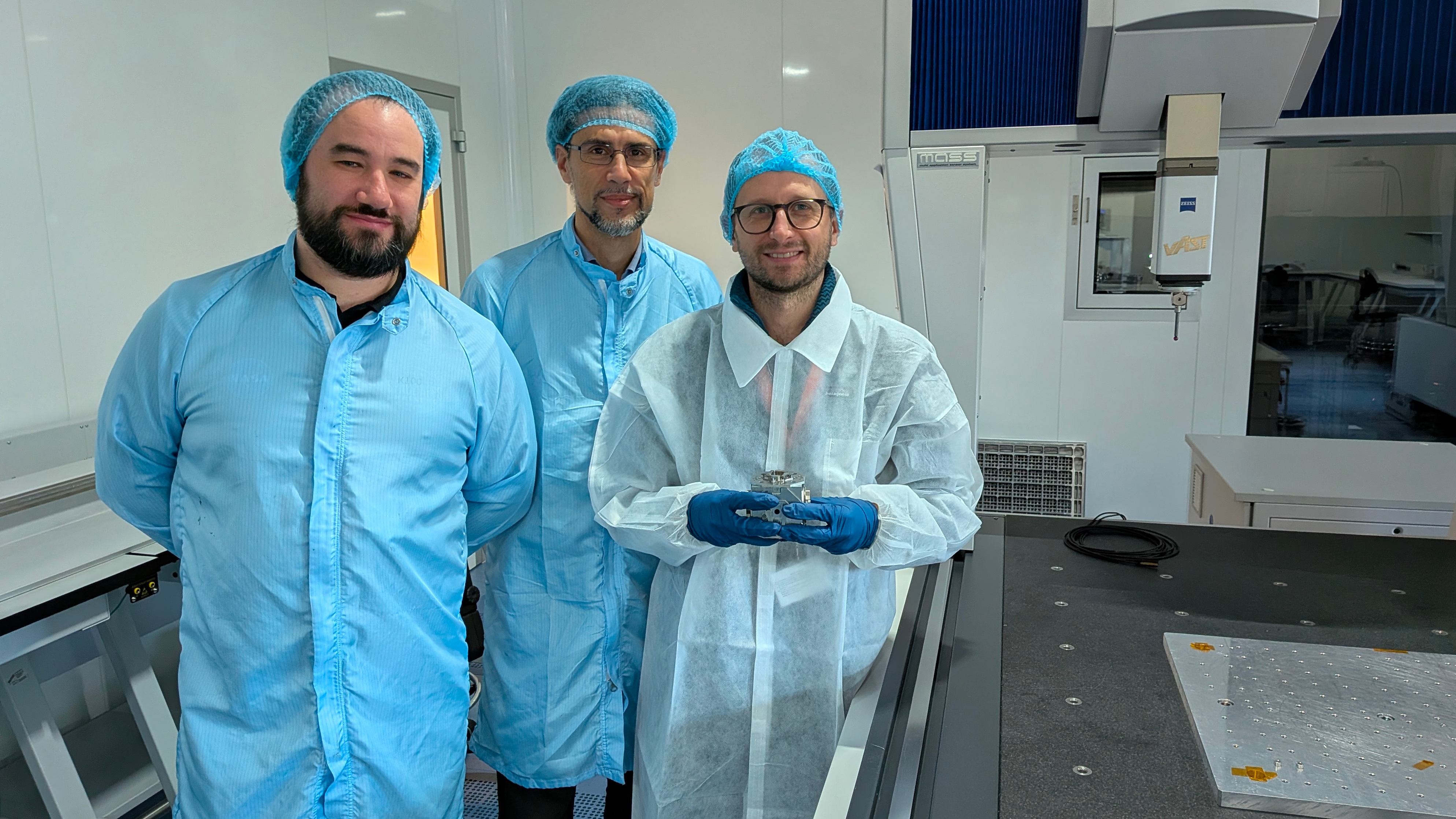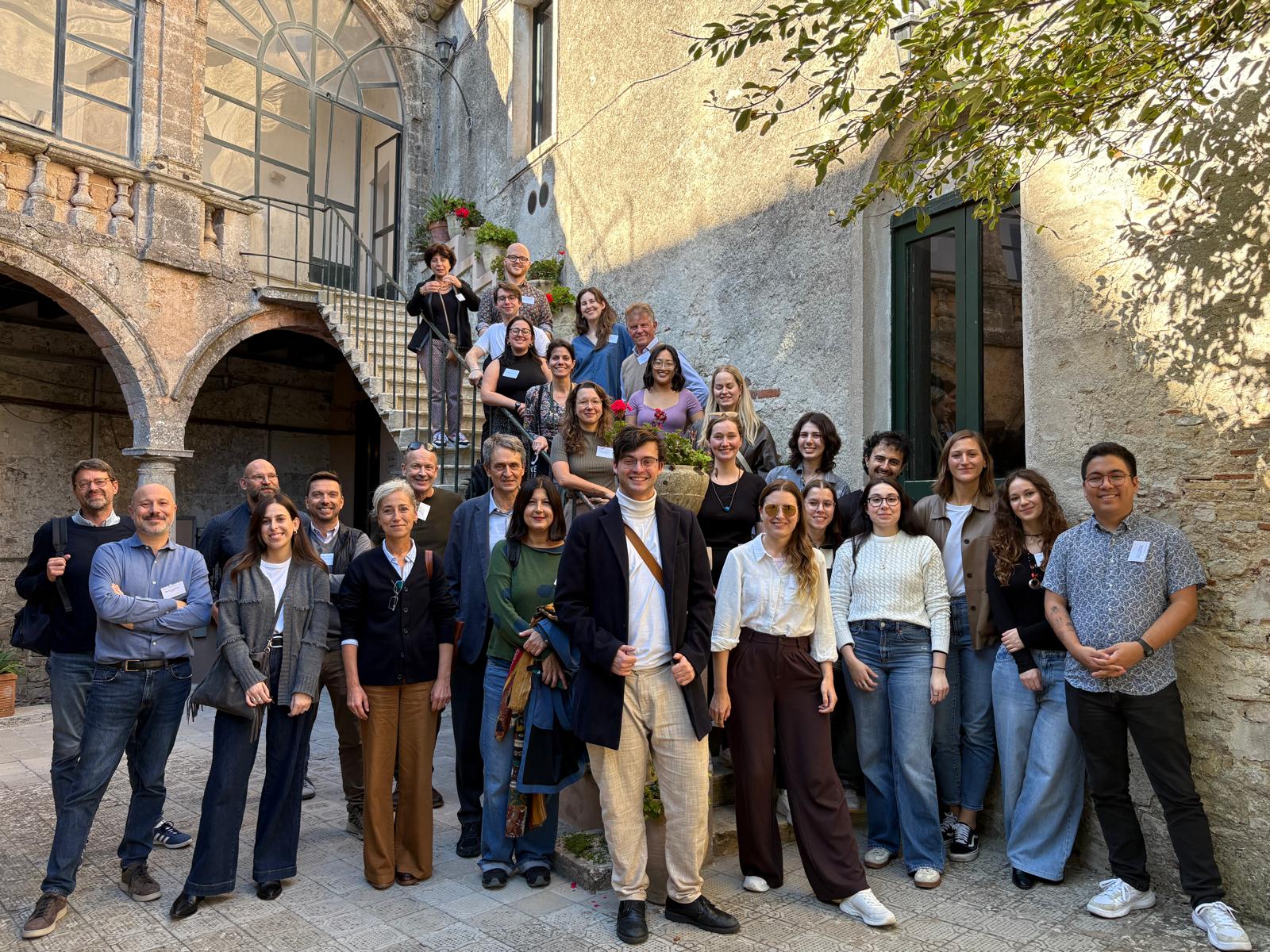 The fusion of two black holes as a consequence of a direct collision, thus not preceded by the typical spiralling found in the signal pattern detected to date by the LIGO and Virgo gravitational interferometers, could prove to be one of the ways in which these violent astrophysical phenomena occur. This is supported by a study conducted by a group of researchers from the University and INFN Division of Turin, together with colleagues from the Friedrich Schiller University in Jena, Germany, published on 17 November in the journal Nature Astronomy. Through computer simulations, the scientists ascertained that a model that predicts the existence of binary systems consisting of pairs of holes with elongated orbits, capable of giving rise to rapid, precise collisions, is compatible with a short-lived anomalous event observed by interferometers on May 21st, 2019. If confirmed, the result could provide a new tool for interpreting gravitational signals, increasing our understanding of the configurations that characterise black hole binary systems.
The fusion of two black holes as a consequence of a direct collision, thus not preceded by the typical spiralling found in the signal pattern detected to date by the LIGO and Virgo gravitational interferometers, could prove to be one of the ways in which these violent astrophysical phenomena occur. This is supported by a study conducted by a group of researchers from the University and INFN Division of Turin, together with colleagues from the Friedrich Schiller University in Jena, Germany, published on 17 November in the journal Nature Astronomy. Through computer simulations, the scientists ascertained that a model that predicts the existence of binary systems consisting of pairs of holes with elongated orbits, capable of giving rise to rapid, precise collisions, is compatible with a short-lived anomalous event observed by interferometers on May 21st, 2019. If confirmed, the result could provide a new tool for interpreting gravitational signals, increasing our understanding of the configurations that characterise black hole binary systems.
You might also be interested in

Quantum computing: INFN and the US SQMS laboratory renew their collaboration

Search for new physics: a possible new approach from bent crystals

Einstein Telescope: Lusatia officially enters the competition

Detecting gravitational waves from space: first steps for the LISA mission

ORIGINS. Exploring Science Communication and Journalism
